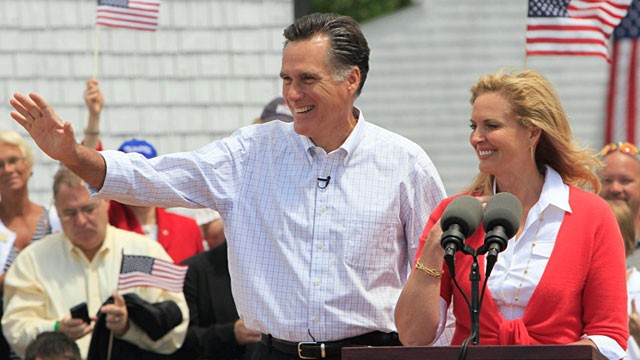It's Still Romney's Turn

Rick Perry and Newt Gingrich's mutual failure to qualify for the Virginia ballot raises lots of questions about their long term viability, funding, and organization. But it isn't that surprising at all for one simple reason: neither has run for President before while the two candidates who qualified, Ron Paul and Mitt Romney, both have.
Indeed, since 1964, every Republican nominee except George W. Bush has previously contested the party's nomination and Bush, of course, had his family's political network and, probably, a boost in early polls from people who thought he was his father.
Nearly every part of the Republican primary process and, indeed, the party's overall structure gives a massive advantage to people who have run before. The lack of super-delegates (ex officio convention delegates), for example, means that simply becoming well-known in the national media and among national figures conveys much less advantage than it does in Democratic contests. Republicans' relatively greater reliance on low-dollar direct mail donations, likewise, means that having a well-tested list from a previous run for office conveys a fundraising advantage. Even the structure of grass roots groups on the Right conveys an advantage to those who have run before: the single greatest source of on-the-ground manpower on the Left, unions, are national organizations with top-down structures while the churches, community organizations, and tax reform groups important on the right are rarely centralized. And some right-of-center groups that have central structures--Americans for Prosperity, for example--don't directly engage in electoral politics.
Paul and Romney, by virtue of having run before, had everything they needed to get 10,000 signatures in Virginia. The others didn't.
The result: whatever the bumps in the road he runs into along the way, Mitt Romney remains the overwhelming favorite to secure the nomination. Quite simply, it's his turn.

